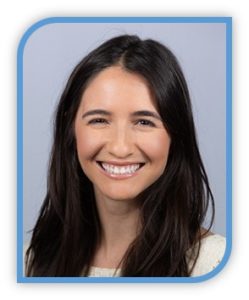Machine Learning for Ultrasound Imaging Applications
February 14, 2020 | 12pm
Register to Attend Here
Machine Learning for Ultrasound Imaging Applications
Ultrasound remains an invaluable tool for clinicians because it is real-time, cost-effective, and portable. However, poor image quality can make diagnostic and guidance tasks with ultrasound unreliable. Machine learning techniques applied to ultrasound data have had great success for improving image quality. Our group has considered both unsupervised and supervised machine learning as it applies to Doppler blood flow and anatomical B-mode imaging. As part of this effort, we developed unsupervised learning techniques for improving blood flow imaging with ultrasound. The challenge with blood flow imaging is that tissue signal interferes with blood and is difficult to remove. To address this, we developed an independent component analysis-based tissue filtering scheme to better separate and remove tissue from blood signal. In addition to blood flow imaging, our group has pioneered efforts for using deep neural networks (DNNs) for ultrasound image reconstruction (i.e., beamforming) which have been shown to substantially improve B-mode image quality compared to conventional methods. Although effective, we have discovered that the original architecture of these DNNs is unnecessarily complex, which has made training for relevant image quality end points, like contrast-to-noise ratio (CNR), difficult. This is problematic because improvements in image quality are not always intuitively correlated to validation loss performance, making model development and selection challenging. To address this shortcoming, we have developed simplified network architectures using time domain data and combined frequency input formats. Using these simplified network architectures, we are able to effectively incorporate CNR during training to improve model selection and ultimately image quality.
About Jaime
Jaime received her B.A. degree in mathematics in 2012 from the College of the Holy Cross in Worcester, MA. She worked for two years as an Image Analyst at inviCRO, a medical imaging services and software company in Boston, MA. She then received her Ph.D. degree in biomedical engineering at Vanderbilt University in  Nashville, TN in 2019.
Nashville, TN in 2019.
She is currently a postdoctoral fellow with Vanderbilt University’s Data Science Institute. Her current research interests include machine learning methods for ultrasound beamforming and slow blood flow ultrasound imaging without contrast.